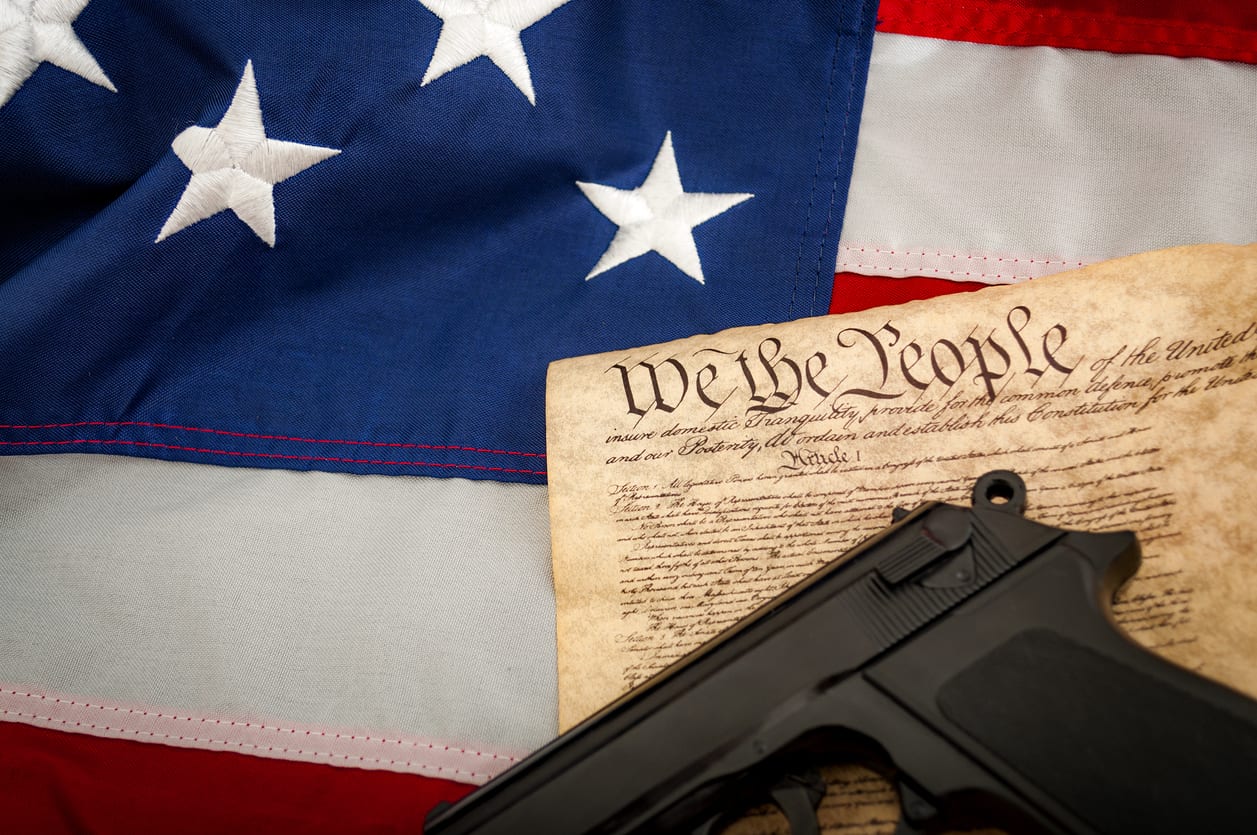
The original law gained notoriety through high-profile cases such as the killing of unarmed teen Trayvon Martin in 2012 and the 2014 shooting of Chad Oulson in a movie theater. Oulson’s killer faced a pretrial hearing earlier this year. Grimaldi represents the victim’s widow, Nicole Oulson.
Governor Rick Scott of Florida signed SB 128 into law on June 9. Under this new version of Stand Your Ground, the burden of proof shifts from the defendant to the prosecution. Supporters expect the shift in burden of proof to protect the rights of defendants, but opponents of the change raise serious concerns. They call SB 128 the “Shoot to Kill” bill, and argue it will place a greater financial burden on the prosecution, and result in an increased case load and more deaths by lethal action. Critics, Grimaldi among them, believe the new law will increase costs for state attorney’s offices, putting additional pressure on prosecution resources.
The negative public health effects of the existing law were already noted in a study published last January by the Journal of the American Medical Association, which concluded that gun-related homicides in Florida increased nearly 32 percent between 2005, when Stand Your Ground became law, and 2014.
“From a public health perspective, we were shocked that in a given area, rates of people dying changed so abruptly and in such a sustained way,” study co-author Douglas Wiebe told ScienceBlogs. “These are people dying who otherwise wouldn’t have died. That is what is most profound about our findings.” Wiebe is an associate professor of epidemiology at the University of Pennsylvania’s Perelman School of Medicine.
The revised law will result in more plea deals offered, charges dropped, or defendants escaping prosecution due to prosecutorial immunity, Grimaldi said. “Dangerous defendants will have a much better chance at walking free. The change will cost the State Attorney’s Office, and in the end, the citizens much more to prosecute crimes. The State Attorney’s Office has a budget. To force it to carry the burden whenever this defense is raised will require a business decision, because the office cannot handle the increased costs.”
Grimaldi is intimately involved in Stand Your Ground issues. He currently represents Nicole Oulson, widow of the man who was shot and killed in a suburban Tampa movie theater by Curtis Reeves in 2014. Reeves’s defense sought and was denied Stand Your Ground in a pretrial hearing last March. But now the law has changed.
Since the burden will now be on the prosecution, a defendant will have nothing to lose by raising a Stand Your Ground defense. The deck, Grimaldi said, will be more heavily stacked in favor of the defendant.
TJ Grimaldi is an attorney and partner at the law firm of McIntyre Thanasides Bringgold Elliott Grimaldi & Guito, P.A. He has been a featured expert on TV and in major publications, including Inside Edition, Crime Stories with Nancy Grace, Good Morning America, Nightline, The View, The New York Times, The Tampa Bay Times, and DailyMail.com.
To speak with Mr. Grimaldi regarding the recent changes in Stand Your Ground, contact him directly at [email protected].
TJ Grimaldi joined McIntyre in 2011. McIntyre recruited TJ to create the divisions of personal injury and family law, as well as to expand the existing criminal defense practice at the firm. During TJ’s tenure at McIntyre, he has helped oversee and grow these practice areas. He continues to practice in these divisions while also expanding his own practice areas to include estate planning and immigration law. TJ is admitted to practice before the Supreme Court of Florida and the United States District Court for the Middle and Southern Districts of Florida.
